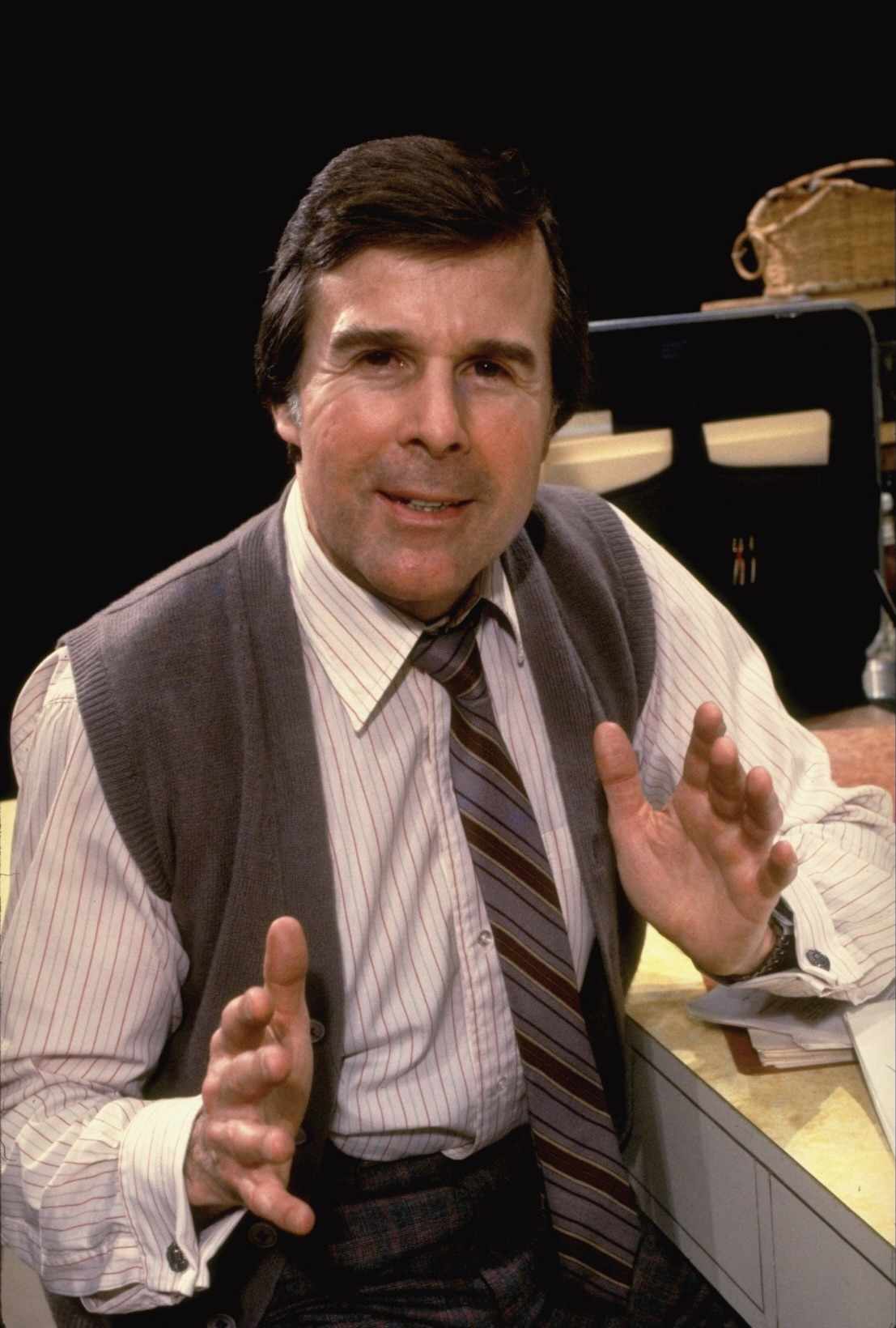
"The trouble with Candide is that it didn’t fail.” — Lillian Hellman
That ironic comment came out of how sick Lillian Hellman became at the many attempts to "fix" Candide. In truth, her faulty adaptation of Voltaire's satirical novel didn't live up to the show's vibrant score, resulting in a decades-long mission to rescue composer Leonard Bernstein's sterling reputation.
And over the years, people certainly tried (Hellman eventually gave up entirely). Voltaire’s philosophical allegory, first written in 1759, takes a young man’s optimism and puts him through the trials of Job as he searches the world for truth and beauty without ever really finding it. Themes of religious hypocrisy abound and never feel outdated (sadly) told in broad and biting comedy.
When it premiered on Broadway in 1956, the opulent Candide had cost $350,000 to produce — almost exactly the same budget as My Fair Lady, which opened earlier that season. Most reviews found a great deal to admire about Candide, but audiences not so much (especially those still trying to get into MFL). Closing quickly after a disheartening seventy-three performances, Candide was a conspicuous failure in spite of the five credited authors listed in the opening night Playbill (six, if you count Voltaire himself). In addition to Hellman and Bernstein, the lyrics were by Richard Wilbur, our nation's second Poet Laureate in his one and only Broadway score (which was a shame). Prior contributions came from John Latouche, a talented composer/lyricist who wrote the book and lyrics to The Golden Apple (1954), but was dead "you know" by the time of Candide's opening (a joke, as everything of Latouche's was discarded with the exception of “My Love” and “You Were Dead, You Know,” both revised by Wilber). Also credited (though later to be revealed for only a single line) was renowned poet and writer Dorothy Parker. Perhaps the thinking was that having her name in ads would sell a ticket or two, who knows? Also, Bernstein took an early stab at the lyrics and wound up co-writing "I Am So Easily Assimilated" (a standout in the score) with his wife Felicia Montealegre. Many cooks for a rich broth.
It starred Irish actor Max Adrian (Dr. Pangloss), tenor Robert Rounseville (Candide) and the glorious soprano of the twenty-nine year-old Barbara Cook (Cunegonde). It was directed by Tyrone Guthrie, a Brit entirely new to the intricacies of the Broadway musical, but someone with a long and impressive resume, mainly in the classics. All of which confoundingly led to Candide's elements not adding up to success. Walter Kerr, then writing for the Herald Tribune, called it "a really spectacular disaster" (although when it came to innovative musicals, Kerr often missed what others found fascinating, famously dissing West Side Story and Company). In actuality, it wasn't the reviews that killed the show. Audiences were simply puzzled by its mix of high-brow and low-brow in performance and song and it probably didn't help that it was billed as "a comic operetta." Yet when it started advertising "LAST WEEKS" the theatre began filling up. Sadly, its producer, Ethel Linder Reiner, didn't have the stomach for the hard work it would take to further invest in making a go of it and cut the losses then and there. It opened on December 1st and was gone by February 2nd.






















Write a comment ...